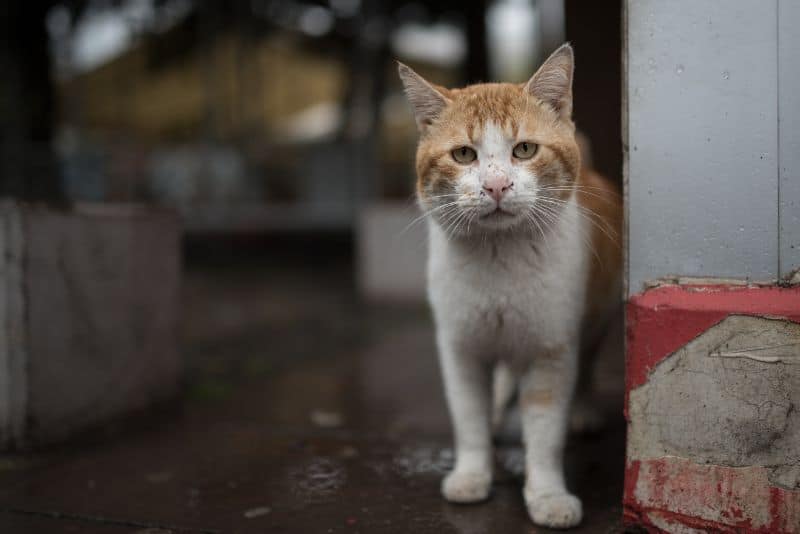The Golden Years: How To Take Great Care of Your Senior Pet

There’s an age old dictum that rings with truth, “Gettin’ old ain’t for the faint of heart!” Unfortunately, this applies to our canine and feline companions as well. But it’s also important to remember that although getting older is not optional, suffering in old age can be. In other words, your pet can still enjoy good health, and be active and pain free as they move through their senior years. Your veterinarian can help make this a reality.
If you are a pet owner, it’s likely (we hope) that you will be caring for a senior pet at some point. By working together, we can ensure your senior pet has the happy and healthy golden years they deserve.
What Is A Senior Pet?
Generally speaking, a pet enters the senior life stage at the age of 7. This can vary greatly depending on breed and species, however. We can help you determine when your pet is a senior, one reason annual preventive care exams are so important.
Prevention: The Best Medicine
Pets age much faster than humans do, so once your pet is 7, we need to see them twice a year. In addition to a nose to tail physical exam, we will recommend specific screening tests that can help us detect small problems before they become advanced disease. Pets are masters at hiding discomfort and illness from their owners, and screening tests let us help them feel better, sooner.
Some of the diseases that we can catch early with screening tests include:
- Diabetes
- Cancer
- Kidney disease
- Liver disease
- Heart disease
- Hypothyroidism
- Hyperthyroidism
- Cushing’s disease
- Addison’s disease
- Arthritis and joint disease
- Dental disease
- Cataracts
Sometimes pet owners assume that pets are just “slowing down” due to old age. Nothing could be further from the truth! Your senior pet can live a healthy, comfortable and active life, with early detection and treatment of age related conditions.
Special Attention
When your pet is a senior, you may notice outward signs of aging such as a greying muzzle. But remember that your pet’s organs, behavior, and activity level may all be going through changes, too. Keep a close eye on them to know if they need our help. Some signs to watch for include:
- Changes in weight (especially weight loss)
- Increased appetite or changes in appetite
- Increased thirst or water consumption
- Increased urination
- New lumps, bumps, or swellings
- Persistent cough
- Foul mouth odor
- Difficulty getting up, climbing stairs, or moving around
- Increased vocalization
- Difficulty breathing or panting while at rest
- Bouts of weakness
- Increased sensitivity to noise
Creature Comforts for the Golden Years
Senior pets will require certain changes to their environment. Focus on two areas: safety, and comfort.
Older pets tend to be less agile and nimble than in years past, even if they don’t realize it. They are more likely to slip on floors, fall down stairs, and have more trouble navigating uneven ground and hilly terrain. It’s best not to put your senior pet into dangerous situations, even if they didn’t seem dangerous in the past.
There are many creature comforts you can add to your home environment for your senior pet. Here are some tips:
- Provide cozy sleeping spots and pet beds to keep your senior pet warm
- In warm weather, ensure senior pets have access to shade, fresh water, and cool places to relax (preferably in air conditioning)
- Help your pet to avoid stairs by placing essentials on the same level as your pet
- Evaluate your cat’s litter box to make sure she can get in and out easily
- Keep a stable routine of feeding, walking, and playtime
- Groom your senior pet regularly, especially if they are having a hard time doing so; keep nails trimmed to make it easier for them to walk
- Talk to us about your pet’s diet, and switch to the highest quality diet you can
- Provide plenty of TLC, petting, and love; your senior pet thrives on your attention
If you feel your pet is in any pain, please contact us right away. Veterinary medicine has many advancements in pain management for pets, and there is no reason why your senior pet should ever feel painful or uncomfortable.
As your partners in compassionate senior pet care, Dupont Veterinary Clinic looks forward to answering your questions. Please give us a call to schedule your pet’s senior pet care exam today.
